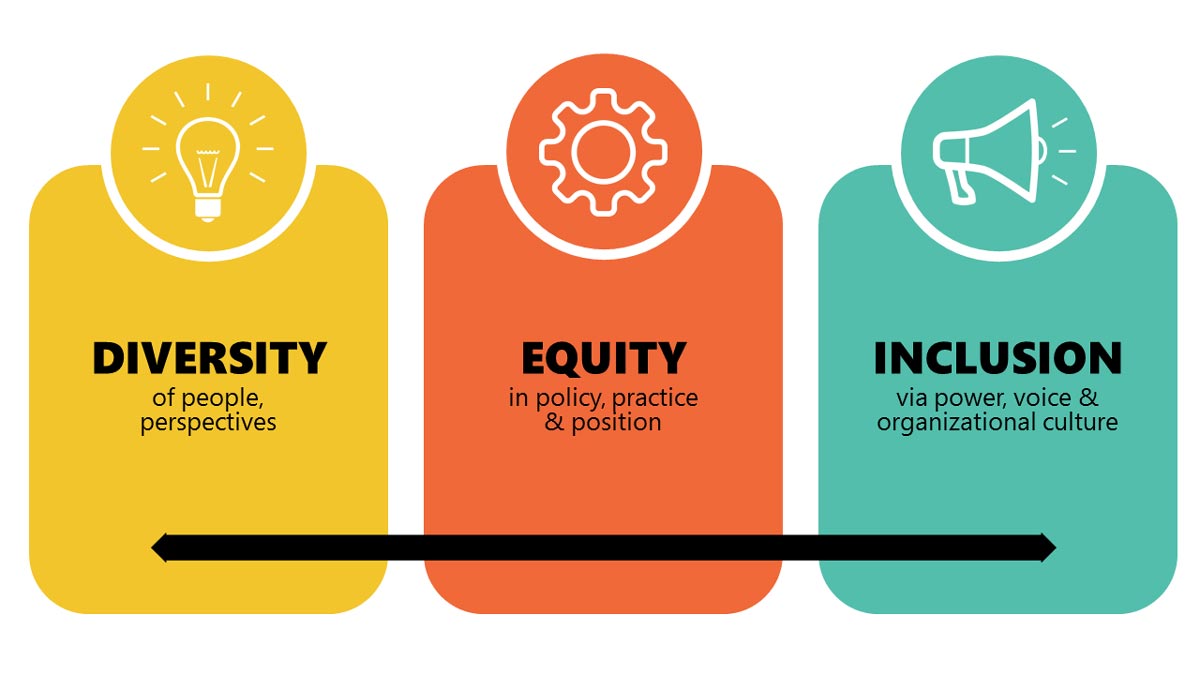Science has never been more important for informing sound policy and ensuring progress for all citizens. ASRIT leverages scientific evidence to engage policymakers and society at large. Through various programs, ASRIT informs policymakers on current issues related to science, technology and innovation.
ASRIT articulates positions on critical science-related issues in public statements and in news, media and interviews. ASRIT holds workshops, seminars, and events for scientists, policymakers, and the public to engage and communicate. ASRIT programs help the public to better understand science and its role in evidence-based policy-making. ASRIT also works with global partners to strengthen advocacy for evidence beyond national borders.
Public engagement with science describes intentional, meaningful interactions that provide opportunities for mutual learning between scientists and the public. Mutual learning refers not just to the acquisition of knowledge, but also to increas familiarity with a breadth of perspectives, frames, and worldviews.
Our goals for public engagement with science include civic engagement skills and empowerment, increased awareness of the cultural relevance of science, and recognition of the importance of multiple perspectives and domains of knowledge to scientific endeavors.
ASRIT is committed to ensuring that everyone has the opportunity to contribute to, and benefit from, science, technology and innovation by encouraging the recruitment, development, and retention of scientists. ASRIT provides tools that expand access to education, strengthen and diversify the science, technology and innovation workforce, and amplify underrepresented and marginalized voices .

ASRIT has a long-standing commitment to cultivate responsible science in the service of society and build bridges between science and the greater public. It fosters and facilitates the responsible practice and application of science in the service of society and addresses legal, ethical, and human rights considerations to which science gives rise. Questions about value, ethics, human rights, and law are raised by the emergence of new technologies.



Regardless of the type of research you want to conduct, you must know how to formulate a research question.
Once the research problem has been identified, the next step is to formulate research questions to be answered by the study.
We cannot talk about science without talking about a scientific approach or method.
Making a donation is a way of reaching out a helping hand. By providing even a small donation, you can be part of an effort to provide our initiatives.
